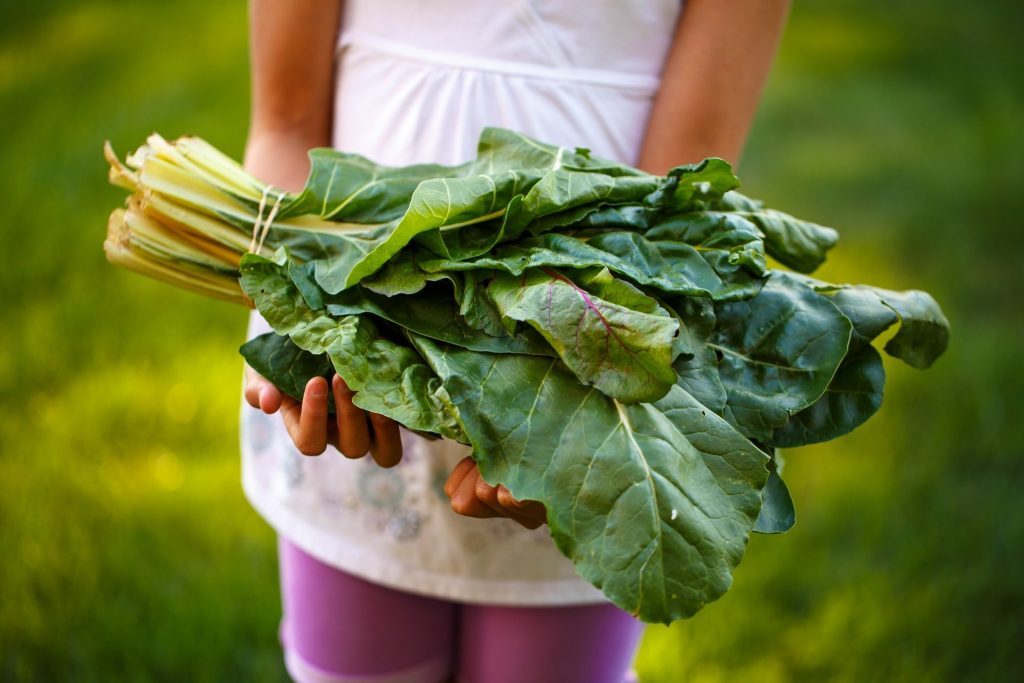Support for Bill 216 addressing student food literacy is whipping up support

A private member’s bill advocating integrating experiential food literacy education into the provincial school curriculum is gaining traction.
“I’m encouraged that literally across the spectrum, we’re getting broad acceptance, and most importantly, we’re getting input,” said Daryl Kramp, MPP for Kingston, Frontenac and Lennox-Addington (KFLA).
Why it matters: Bill 216, ‘The Food Literacy for Students Act,’ seeks to amend Grades 1 to 12 curriculums to include experiential food literacy learning through all subjects. The amendments could consist of growing food, cooking meals from scratch, and promote health and well-being and a secure and sustainable provincial food system.
The bill, sparked by discussions with the Food Policy Council for KFLA, was introduced to the Ontario Provincial Legislature on Oct. 19, 2020, and was quickly and unanimously passed through the first and second reading within days. He’d hoped it would receive its third reading before summer; however, the broad support for the initiative has spurred Minister of Education, Stephen Lecce, to move to round table discussions with stakeholders.
“We have a group from almost every field that is going to be engaged with this, and the outreach over the course of the summer is going to be huge,” said Kramp. “I don’t want to be three, four or five years down the road; we need to start to implement something by the following year. It’s going to happen.”
Debbie Field, coordinator for the Coalition for Healthy School Food, under Food Service Canada, said the whole country is excited about the food literacy bill because it’s the first of its kind in Canada.
“It’s very, very exciting,” she said. “I think there is a real sense that this could be a change, not just in Ontario, but in all the provinces and territories.”
Field said Bill 216’s radical approach seeks to embed children with the knowledge of how to grow, cook and eat healthy for themselves, and decrease the gap in understanding of how their food is grown, processed and how to stretch a budget to most effectively meet a person’s nutritional needs.
“What this legislation talks about is literally food literacy, that a person cannot be a viable adult in our world unless they do know how to cook from scratch,” said Field. “And plant the seed, know how to use their household budget and know when its time to eat lentils, and when it’s time the steak.”
While the bill is garnering widespread support from several sectors, including health, agriculture, science and education, the challenge is incorporating food literacy into the curriculum, so it’s a positive addition for teachers and not an additional burden.
“I’m confident this will become a reality in Ontario, and I’m also confident it will become a reality across the country,” said Field.
Source: Farmtario.com

